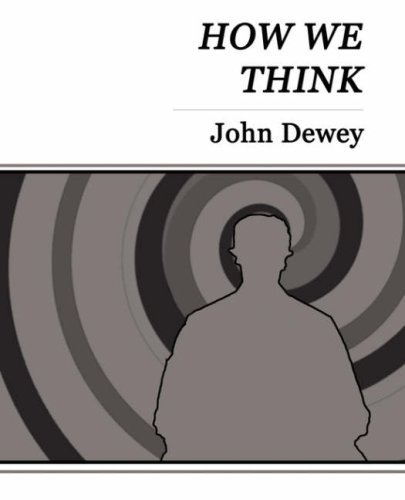
How We Think
by John Dewey
Publisher: D. C. Heath & Co. 1910
ISBN/ASIN: 160424416X
Number of pages: 250
Description:
This is a classic book about thinking. Dewey studies thought from the psychological and philosophical points of view and derives practical ideas for education. Whether you are a student, teacher, or just plain interested in analyzing the world around you, then reading this book is very worthwhile.
Download or read it online for free here:
Download link
(multiple formats)
Similar books
 Psychology of Space Exploration
Psychology of Space Explorationby Douglas A. Vakoch - NASA
Contemporary research in historical perspective. This e-book explores some of the contributions of psychology to yesterday's great space race, today's orbiter and International Space Station missions, and tomorrow's journeys beyond Earth's orbit.
(10648 views)
 Psychology: General Introduction
Psychology: General Introductionby Charles Hubbard Judd - Ginn and Company
This book aims to develop a functional view of mental life. In the second place, the author has aimed to adopt the genetic method of treatment. He has attempted to give to the psychological conditions of mental life a more conspicuous place.
(9570 views)
 Evolutionary Theory: Fringe or Central to Psychological Science
Evolutionary Theory: Fringe or Central to Psychological Scienceby Danielle Sulikowski (ed.) - Frontiers Media SA
Evolutionary psychology, the application of evolutionary theory to understanding human behaviour and cognition, has recently gained momentum. Evolutionary Psychology is often viewed as a topic of research within the broader field of Psychology.
(5918 views)
 Emotional Intelligence and Cognitive Abilities
Emotional Intelligence and Cognitive Abilitiesby Puri Checa, Pablo Fernandez-Berrocal - Frontiers Media S.A.
Nowadays, not only psychologists are interested in the study of Emotional Intelligence (EI). Teachers, educator, managers, employers, and people in general pay attention to EI. EI is defined as the capacity to process and use emotional information.
(8297 views)